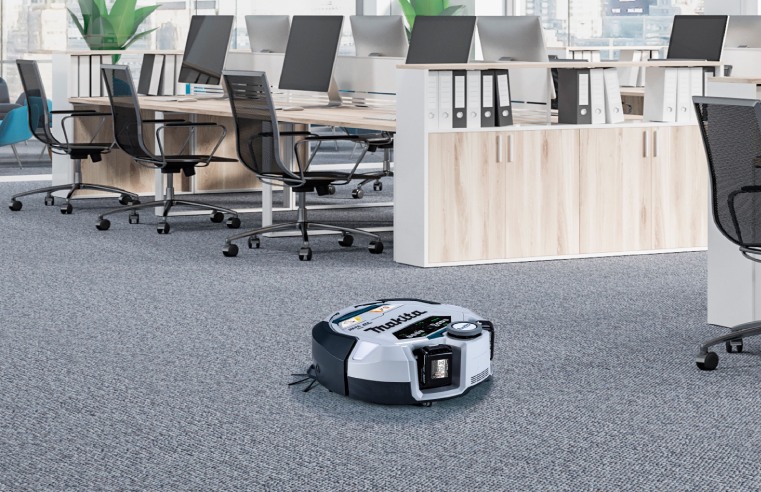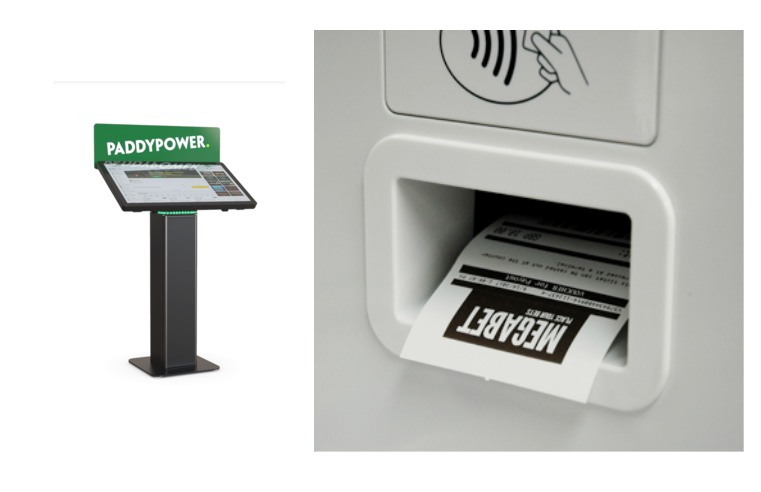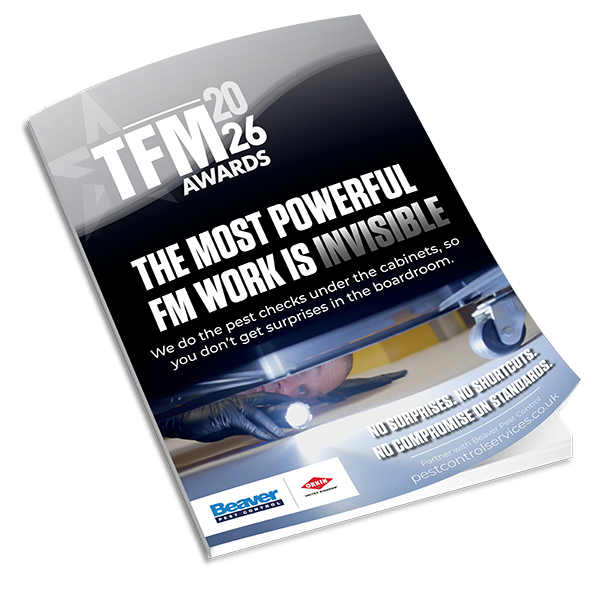The world of facilities management is rapidly changing. Macro influences such as demographics, technology and social changes are shifting the way the workplace is viewed and what people expect from it, says CBRE.
Increasingly people want to choose where and when they work and they look to the workplace – wherever that may be – to deliver much more in the way of services and amenities.
Examining this shifting landscape, global real estate advisor CBRE has published a new report which identifies the top trends in facilities management.
The new age of outsourcing
By 2025 the global outsourced market in FM services will be worth $1tn (£783.270bn). Flexibility is a key driver, and stability is a core concern. By integrating property and facilities management, progressive organisations are bringing advisory and transaction services, facilities management and project services under one supplier and point of control.
User experience
Personalisation technology is changing the way we shop and this will have an impact on the retail portfolio. Online channels will play an increasingly dominant role in the customer journey. Property directors must look at their future portfolios and consider how the balance will shift between physical and virtual space.
On a wellness front, four out of five occupiers have, or plan to introduce a wellness programme and an even higher proportion are interested in wellness-capable buildings. This will in turn add growing pressure on FM professionals to provide wellness programmes that boost productivity, attract talent and reduce sickness and absenteeism. Greater collaboration will be needed between FM, RE, HR and IT to deliver successful buildings and programmes.
Collaboration and partnership
Relationships between the supplier and client are changing. The customer wants to select the right partner to ensure cultural alignment from the beginning. The demand for more advanced technology integration and greater collaboration has driven longer term, more advanced contractual partnerships. The ability to drive cost-saving initiatives can be realised within longer-term contracts. If built properly with shared savings initiatives, these terms can drive positive behavioural changes.
Digitising FM
The smart workplace is coming of age, 20.4bn connected things will be in use by 2020, up from 8.3bn in 2017. Smart buildings with lights, sensors, windows, HVAC units, doors and CCTV integrated into a network are becoming increasingly common. There is greater opportunity to enhance the end-user experience with convenient, tailored services.
Data-driven decision making is also likely increase. By 2025 data analytics will be critical for addressing costs and performance. Nearly half of occupier companies expect to hire data scientists in the coming years. Meanwhile, the market for robotics is small but growing. Sales of professional service robots rose by 24% in 2016. As sensor technologies open up new robot applications, the total number in FM could grow significantly.
Ian Entwisle, CEO, Global Workplace Solutions, EMEA commented: “The facilities management delivery model we see today goes far beyond simply delivering building efficiencies and cost savings. Clients increasingly choose their supplier with the intention of building a partnership, and platform for collaboration and innovation; the focus is long-term. Rather than the outdated RFP and presentation process, we are increasingly co-solutioning alongside our prospects and clients.
“As a result of these shifts, clients and suppliers need to be more agile and work together to provide a solution that is suitable for now, yet flexible enough to adapt to a rapidly changing future.”



































